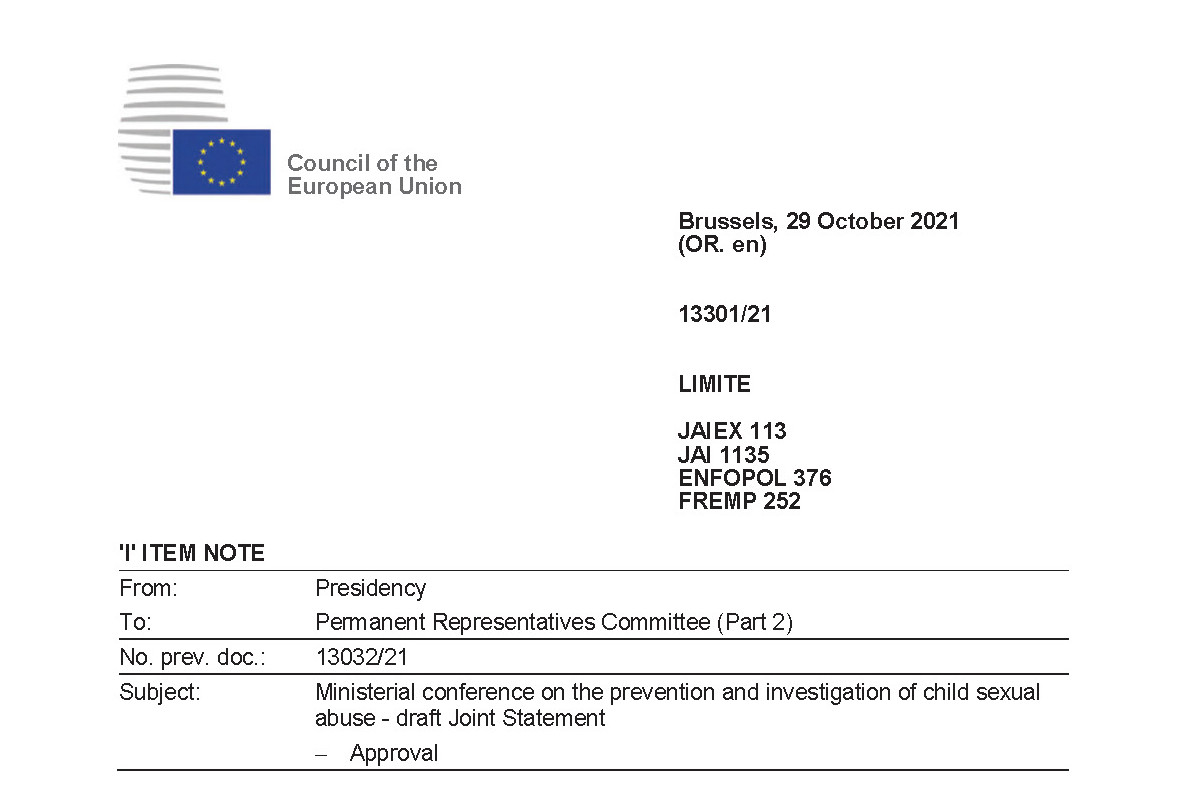UK: Arrival without an electronic travel authorization could mean up to four years in prison
Topic
Country/Region
05 November 2021
The government has ramped up its attack on people arriving in the country without first seeking permission, with the addition of new powers that would make it possible for courts to hand down prison sentences of up to four years.
Support our work: become a Friend of Statewatch from as little as £1/€1 per month.

Imprisoning arrivals
People arriving in the UK without an electronic travel authorization could receive up to four years in prison under amendments added to the Nationality and Borders Bill last week.
The amendments were put forward by the government and come on top of proposals in the original version of the bill to make it possible to imprison individuals who arrive in the UK without “entry clearance” – either a visa or an entry certificate (see Clause 39(C1)(a)).
The travel authorization scheme would apply to nationals of countries who do not require a visa to enter the UK, and would operate in a similar fashion to the USA ESTA or the EU’s forthcoming ETIAS – through extensive data collection and automated profiling to determine whether an individual should be granted permission to travel by the government.
The proposed new offences are part of the ongoing crackdown on ‘Channel migrants’ – those who depart from France to cross the Channel in small, often unseaworthy boats – but would apply across the board.
The committee examining the Nationality and Borders Bill debated the proposals last Thursday, with Tom Pursglove – Conservative MP for Corby and East Northamptonshire, Parliamentary Under-Secretary of State for the Home Department, and sponsor of the amendments on travel authorizations – arguing that the measures were nothing to worry about, because they would not generally be enforced.
Pursglove told the committee:
“We will be targeting for prosecution those migrants in cases where there are aggravating factors—where they caused danger to themselves or others, including rescuers; where they caused severe disruption to services such as shipping routes, or the closure of the channel tunnel; or where they are criminals who have previously been deported from the UK or persons who have been repeatedly removed as failed asylum seekers.
He argued:
“The increased prison penalty will allow appropriate sentences to be given to reflect the seriousness of this behaviour.”
Whether this will actually deter anyone from crossing the Channel in a rubber dinghy is another question entirely. In response, Stuart McDonald, a Scottish National Party MP, remarked:
“The Minister is at his most reassuring when he tells us, basically, “Don’t worry; we are not really going to apply the full provisions of the clause.” The key point is that none of this is in the Bill. I want to remove these measures altogether, but could we at least put some of the restrictions in the Bill? Otherwise, we are putting in statute a law that criminalises the overwhelming majority of asylum seekers coming into the United Kingdom.”
McDonald went on to point out that:
“As it stands, the clause is one of the Bill’s low points, as it places in an already bleak Bill an extraordinarily broad criminal offence that will criminalise pretty much everyone who seeks asylum—many of whom are refugees—as well as survivors of trafficking.”
Undeterred by this and other interventions against the proposals, the amendments passed by eight votes to seven and will be placed into the Bill for its return to the House of Commons.
Other amendments
Other amendments put forward by the government provide some more detail about the proposed electronic travel authorization (ETA) scheme, but fall far short of providing the level of detail that would offer some safeguards against arbitrary data collection and decision making, as Statewatch called for in our submission on the Bill.
The amendments would still allow the Home Secretary to pass regulations setting up an ETA, but would require the rules to:
“(a) provide for the form or manner in which an application for an ETA may be made, granted or refused;
(b) specify the conditions (if any) which must be met before an application for an ETA may be granted;
(c) specify the grounds on which an application for an ETA must or may be refused;
(d) specify the criteria to be applied in determining—
(i) the period for which an ETA is valid;
(ii) the number of journeys to the United Kingdom during that period for which it is valid (which may be unlimited);
(e) require an ETA to include provision setting out the matters mentioned in paragraph (d)(i) and (ii);
(f) provide for the form or manner in which an ETA may be varied or cancelled;
(g) specify the grounds on which an ETA must or may be varied or cancelled.
The amendments would also allow the home secretary to “make other provision relating to ETAs.”
The last day of committee stage was Thursday 4 November, after which the Bill, as amended, will return to the House of Commons.
Documentation
- Amendments put forward for debate in committee on 28 October 2021 (pdf)
- Transcript of debate in committee on 28 October 2021 (pdf)
Image: Michael D Beckwith, public domain
Our work is only possible with your support.
Become a Friend of Statewatch from as little as £1/€1 per month.
Spotted an error? If you've spotted a problem with this page, just click once to let us know.

